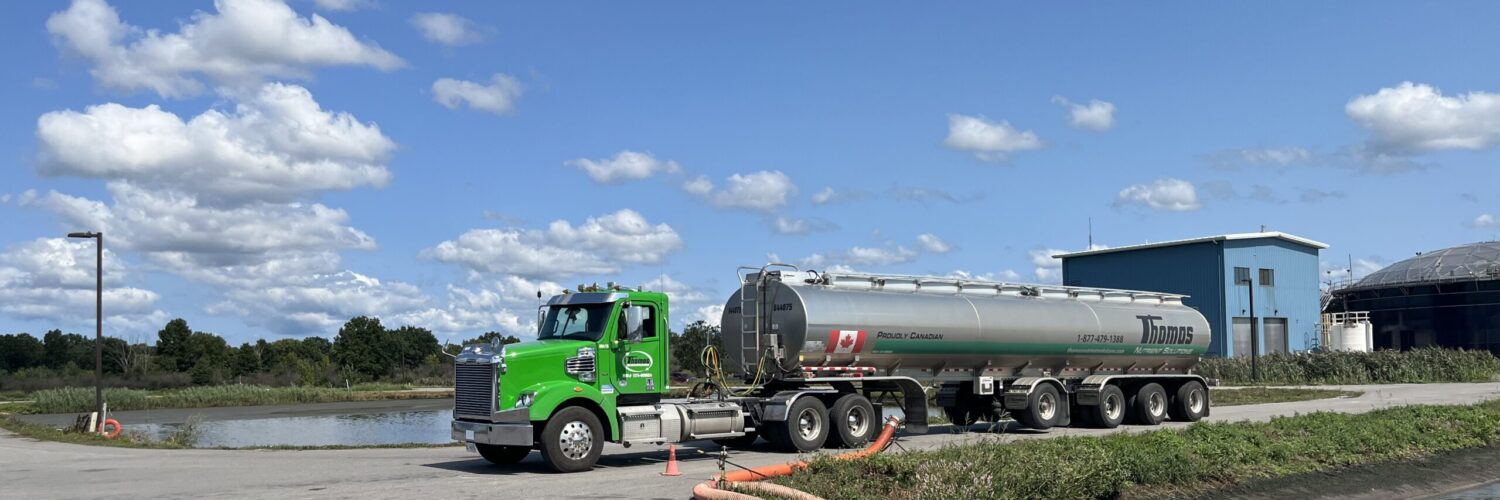What are the Beneficial Uses of Biosolids?
Managing wastewater has become an important aspect of environmental protection because if left untreated, sewage sludge can cause harm to the community. Another benefit to treating wastewater is the collection of biosolids that can be recycled into many practical applications. Below are some beneficial uses of biosolids.
An alternative to chemical fertilizers
Biosolids help improve, replenish and maintain healthy soil by adding important nutrients, boosting soil water-holding capacity and reducing topsoil runoff which result in boosted crop yields. This organic fertilizer has many essential nutrients not typically found in chemical fertilizers and is also cheaper (and sometimes free!) making it an attractive option for farmers.
It has high nitrogen and phosphorus content which are essential for crop growth. It also contains micronutrients such as copper, boron, molybdenum, zinc and iron. This combination of macro and micronutrients will ensure that farm topsoil will have long-term viability for healthy plant growth.
The biggest advantage of biosolids over commercial fertilizers is the inclusion of organic material. It acts as a soil conditioner to encourage bacterial activity. It also gives biosolids the ability to loosen clay and improve the consistency of sandy soil. These blended soils would promote root growth and increase crop production.
Minimizing erosion and nutrient runoff
Applying biosolids with compost has been found to reduce soil erosion and improve water quality. This is because organic matter in biosolids bind soil particles. It retains nutrients and water giving the soil a fertile media for plants to develop. It also increases its resistance to droughts.
Nutrients are slowly released in the soil that is enhanced with biosolids to provide a steady supply of food for growing plants. The organic nutrients are less water soluble making it less likely to leach into the groundwater or nearby streams. It pollutes less than chemical fertilizers.
Enhancing recreational topsoil
Biosolids are also useful in rehabilitating topsoil used in recreational venues like golf courses, sports fields, and public parks. The biosolids used are composted with woodchips, sawdust, or yard clippings to delay the release of nitrogen and phosphorus, as well as supply other nutrients from organic matter. Biosolids are also used for lawn and gardening purposes by landscape designers.
Reclaiming land
An integral use of biosolids has been in reclaiming damaged lands due to strip mining and quarries. It makes an ideal supplement for the spoiled soils and helps regenerate plant growth by reintroducing nutrients and organic matter. This results in improved soil fertility and stability, and decreased erosion. Large quantities of biosolids are usually used for these types of land reclamation projects.
Biosolids are proven to be a fantastic resource for land rehabilitation, and are an environmentally sound alternative to chemical fertilizers. Their unique composition of nutrients provides the right building blocks for plant growth and development in the long term. Biosolids can also save a community disposal costs. This system of recycling wastewater to a product that can help not only farmers but the environment, is proof that demand for biosolids will continue to grow in the coming years.
If you are a municipality in Ontario and in need of a biosolids management solution, please feel free to contact us at 1 (877) 479-1388.
Sources:
http://www.biosolids.com
http://www.cwwa.ca

